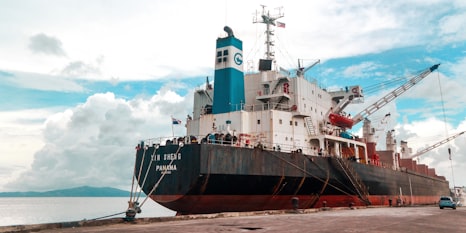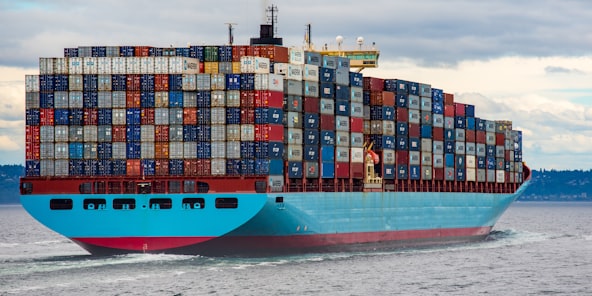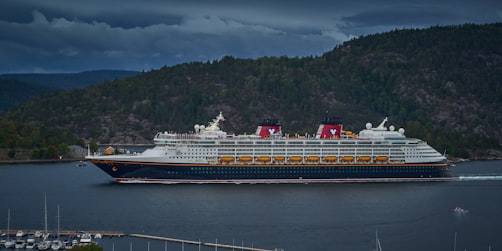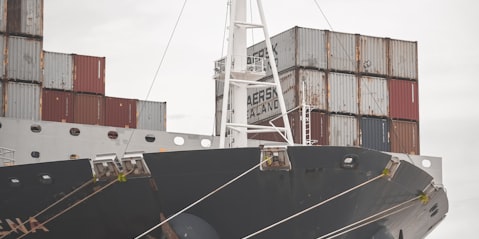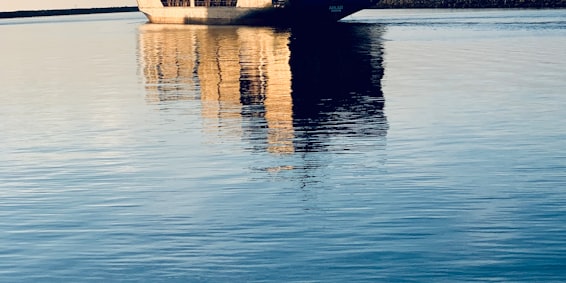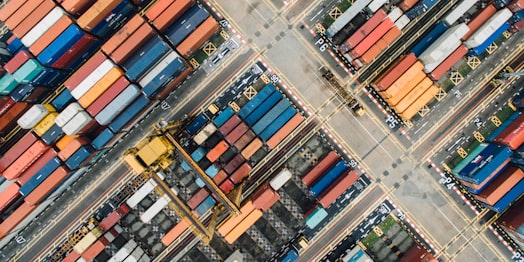
An oil spill is considered one of the most unwanted happenings at sea. A substantial spillage engenders losses in monetary terms but, more importantly, has serious repercussions on the environment around us.
While something like a spillage is irreversible, suitable measures implemented on an exigent basis can help mitigate the extent of ecological and collateral damage associated with an oil spill. Moreover, from a human point of view, a wide range of risks are associated in terms of life and...
https://www.marineinsight.com/environment/what-is-a-vessel-response-plan/
